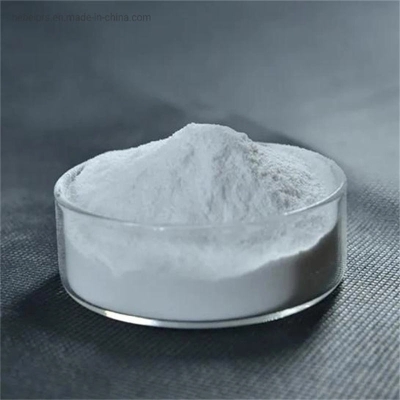Safety and toxicology analysis of Gymnema sylvestris
-
Last Update: 2020-04-03
-
Source: Internet
-
Author: User
Search more information of high quality chemicals, good prices and reliable suppliers, visit
www.echemi.com
2015-08-20 classification: efficacy and action: 0 people commented on forest spoon as a traditional Indian herbal medicine, which has been used in India for more than 2000 years In Japan, Gymnema sylvestris was approved as a natural flavor by the Ministry of health and safety, and it has been used and sold as a health food for more than 10 years, with no abnormal report In 1984, Ghosh recorded the death rate of animals within 24h, and obtained the LD50=3 990mg / kg of Gymnema sylvestris In 1999, r.r.chattopadhyay used albino rats (10 male and 10 female, weight in 20-259; then divided into two groups, one group was normal group, the other group was diabetic group) to do the experiment, let them respectively take the extracts of forest Gymnema sylvestris with the dose of 50mg / kg body weight, 100mg / kg body weight, 200mg / kg body weight and 400mg / kg body weight, and then observed them for 2 hours continuously after taking them The results showed that no abnormality was found The above tests show that the forest spoonful acid is a natural and non-toxic food additive, which can be completely applied to the production and processing of food In Japan and India, the development and utilization of forest Gymnema sylvestris are more, and tea agents, various health food and agents have been put on the market It is also reported that the extract of Gymnema sylvestris can be made into diet food and drink, which can be used to prevent obesity and treat diabetes It is safe and effective In addition, it has been developed into compound Gypsy capsule and Gypsy granules for clinical treatment of diabetes, balance of blood sugar and insulin level.
This article is an English version of an article which is originally in the Chinese language on echemi.com and is provided for information purposes only.
This website makes no representation or warranty of any kind, either expressed or implied, as to the accuracy, completeness ownership or reliability of
the article or any translations thereof. If you have any concerns or complaints relating to the article, please send an email, providing a detailed
description of the concern or complaint, to
service@echemi.com. A staff member will contact you within 5 working days. Once verified, infringing content
will be removed immediately.







